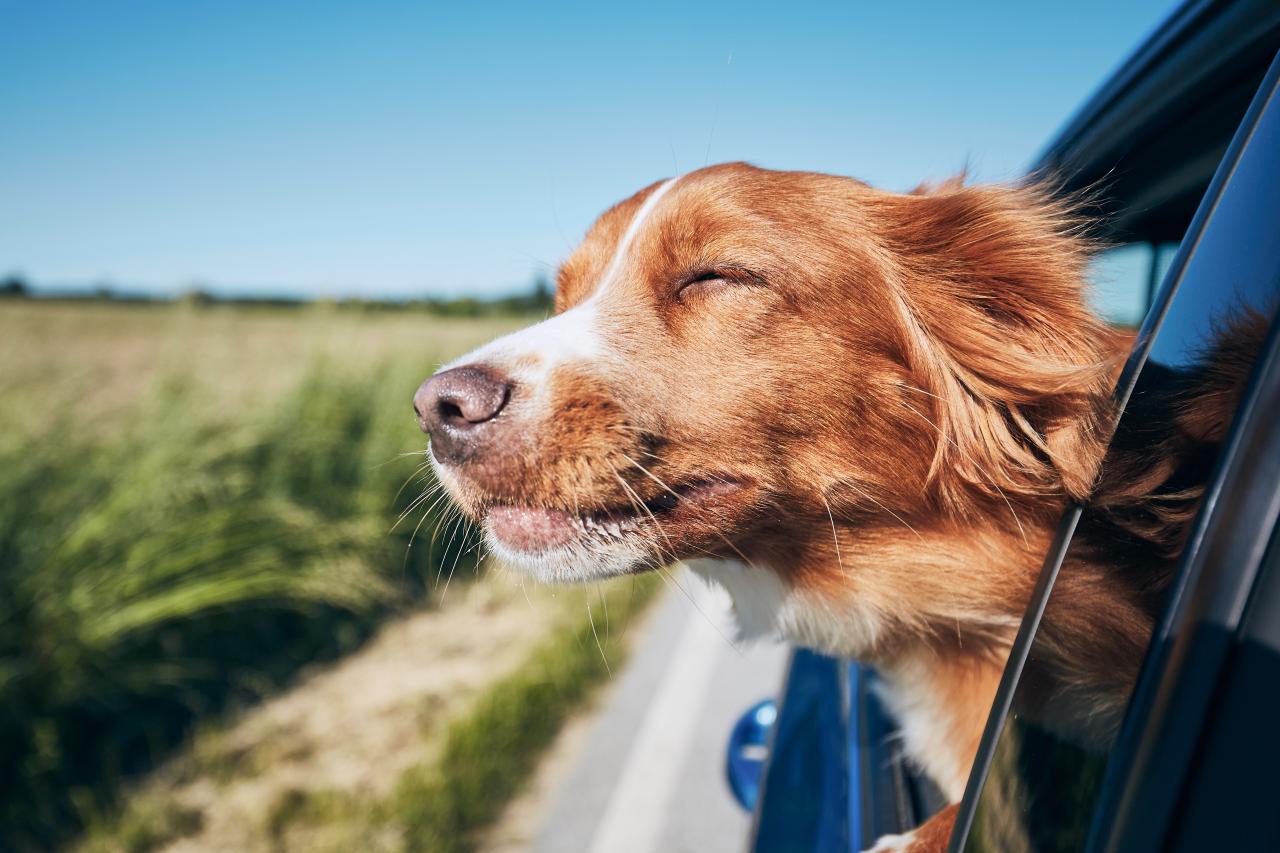Tails
Making pet parenting easy

What to do with your pets when you go on holiday
This entry was posted on 2021-04-06.
What to do with your pets when you go on holiday
Holidays need careful planning. That includes making plans for the care and well-being of your animals. Don't leave it to the last minute! Reputable, dependable boarding kennels and pet sitters are booked up well ahead of any holiday season so you need to get in early. ALL pets need to be cared for if you go away for even the shortest time. That also includes your fish, birds, mice, hamsters etc.
SO WHAT ARE YOUR OPTIONS?
Take your pets to a boarding kennel/cattery
Take your pets with you
Use a house/pet sitter
1. BOARDING KENNELS/CATTERY:
Reputable boarding kennels require proof of your pets inoculations and vaccinations should be dated at least 2 weeks before your pets are admitted to boarding facilities. Make sure you view the boarding kennels/cattery yourself so that you know all your pets needs are met.
Things you should look out for at the boarding facilities
- Are the dogs exercised?
- Does the kennel/cattery appear to be well maintained?
- How many animals are housed in each kennel/cat pen?
- Have you been able to observe how the staff treat and handle the animals?
- Does the kennel/cattery have a person responsible to make sure their health is in good order?
- Is the staff trained to recognize animals that may not be well or to identify unhealthy stools?
- A well run, reputable boarding kennel is normally a safe manner in which to house your animals while you are away. It also means that your pets are not lonely because of the activity around them.
If you choose a well reputed kennel/cattery you know your pet is safe and well-looked after. The only disadvantage is your pet may be stressed or depressed because you are also no longer around. Your pet does not know if it will ever see you again.
2. TAKE YOUR PET ON HOLIDAY WITH YOU:
Checklist for taking your pet on holiday with you
- Is your pet's inoculation up to date?
- Does your pet have a name tag with your contact details on?
- Is your pet microchipped? Do you have anything to calm their anxiety whilst on the journey?
- Do you have a cool place in the vehicle (not the boot) where your pet can lie?
- Do you have enough water for your pet to drink during the journey?
- Is the cat carrier large enough so that the cat won't lie in its faeces or urine?
- Can the cat cage be locked securely?
- Is the leash readily available so that you can ensure that your dog does not run free when you and your dog have restroom stops?
- Have you thought about how you would get your pet back if it did go missing while it is with you on holiday?
REMEMBER: NEVER LEAVE YOUR PET INSIDE THE VEHICLE ON A WARM OR HOT DAY, EVEN IF IT IS PARKED IN THE SHADE WITH THE WINDOWS SLIGHTLY OPEN.
Finding pet-friendly accommodation can be difficult. Also consider where your pet will stay if you go to the shop or beach while on holiday. In the case of cats, they usually need up to 14 days to acclimatize to a new environment before they can be let out on their own. Travelling long distances in the car can be stressful for dogs and cats.
3. USE A HOUSE/PET SITTER:
Checklist for leaving your animals in the care of a House/Pet Sitter
- Will the sitter be living with the pets in your home while you are away?
- If your pet is a dog, will the sitter be walking him/her and on a leash?
- Is your property secured in such a way that no one can simply stroll into your property and leave the gate open?
- Have you left enough food for the duration of your holiday plus extra?
- Have you made arrangements with your vet in case your animal becomes sick?
- Does your pet have a collar and tag identification or microchip?
- Does the sitter know what to do if your pet goes missing while you are away i.e. contact numbers for the SPCA and vets in your area?
It is advisable that you ensure that your pet knows the sitter in advance of your absence, so that your pet is more comfortable and so that you can assess if there are likely to be any bonding problems.
Animals are often much happier continuing to live at home with a familiar routine and they have maximum exposure to companionship. Animals are also not exposed to the risk of infectious diseases from other animals. You do not have to transport your pets to and from the boarding kennels. They also provide security as would be burglars won’t realize that you are not there. The disadvantage is that it may not be so easy to find someone you trust with your animals ... or your house keys!


